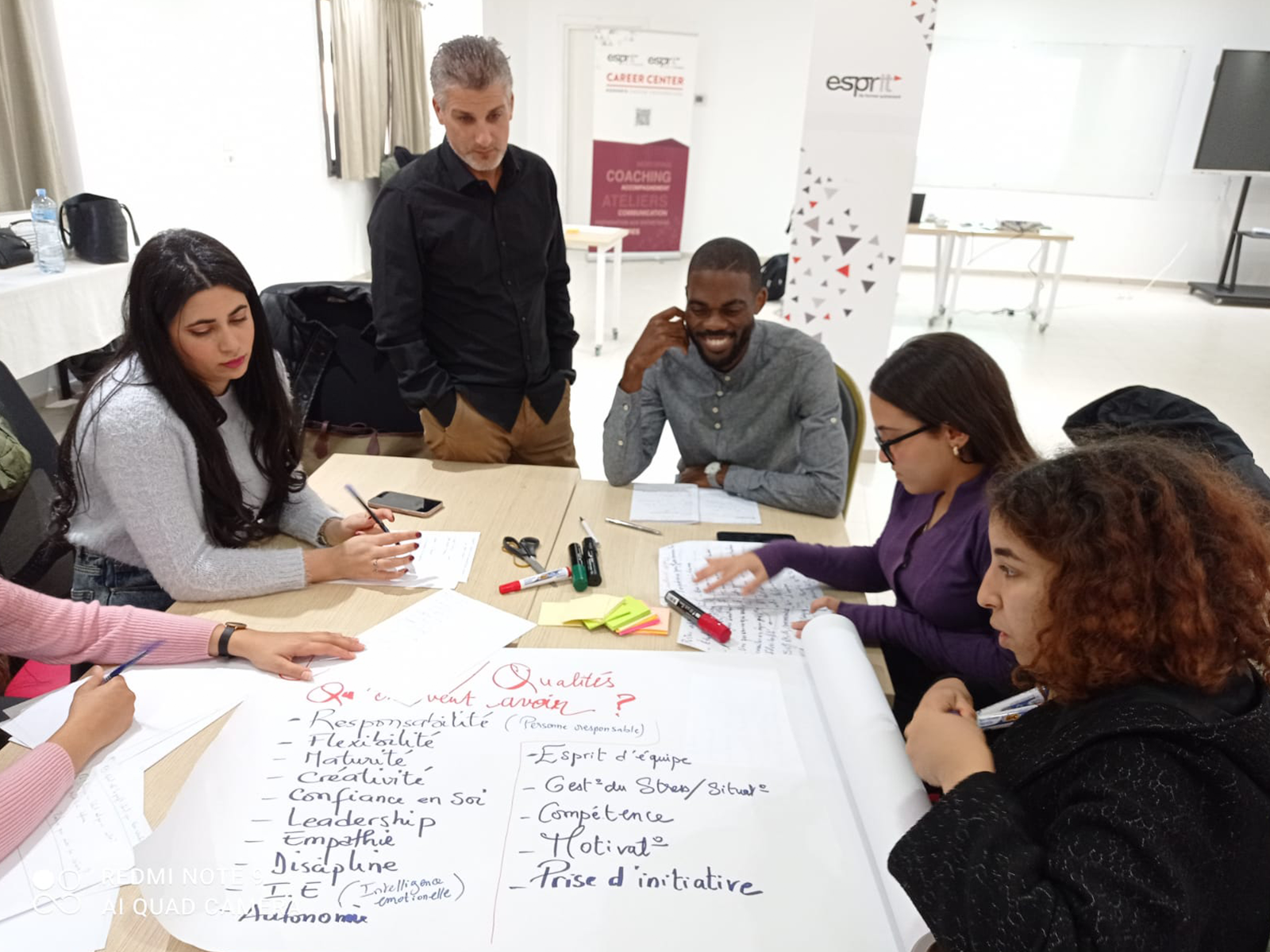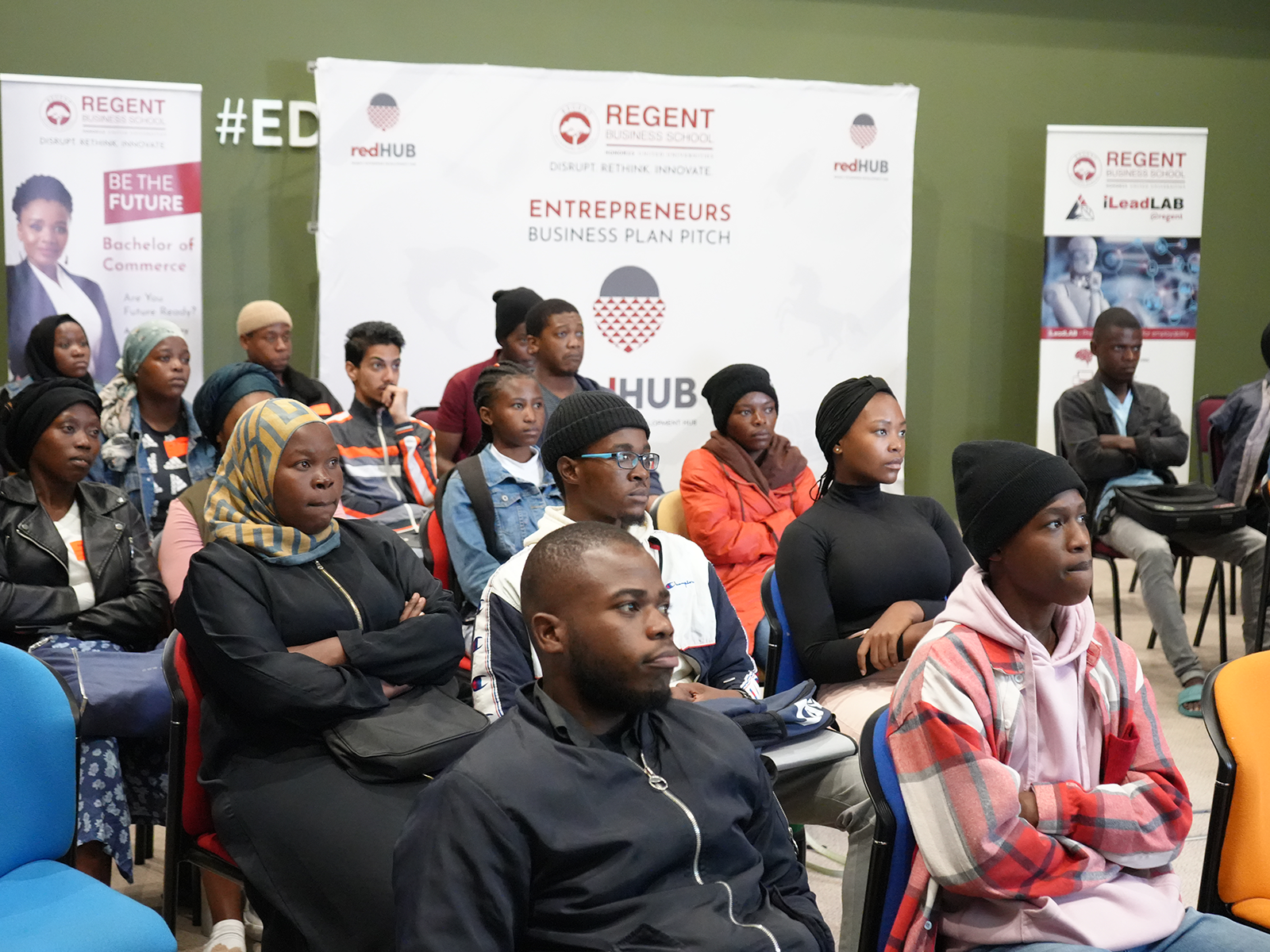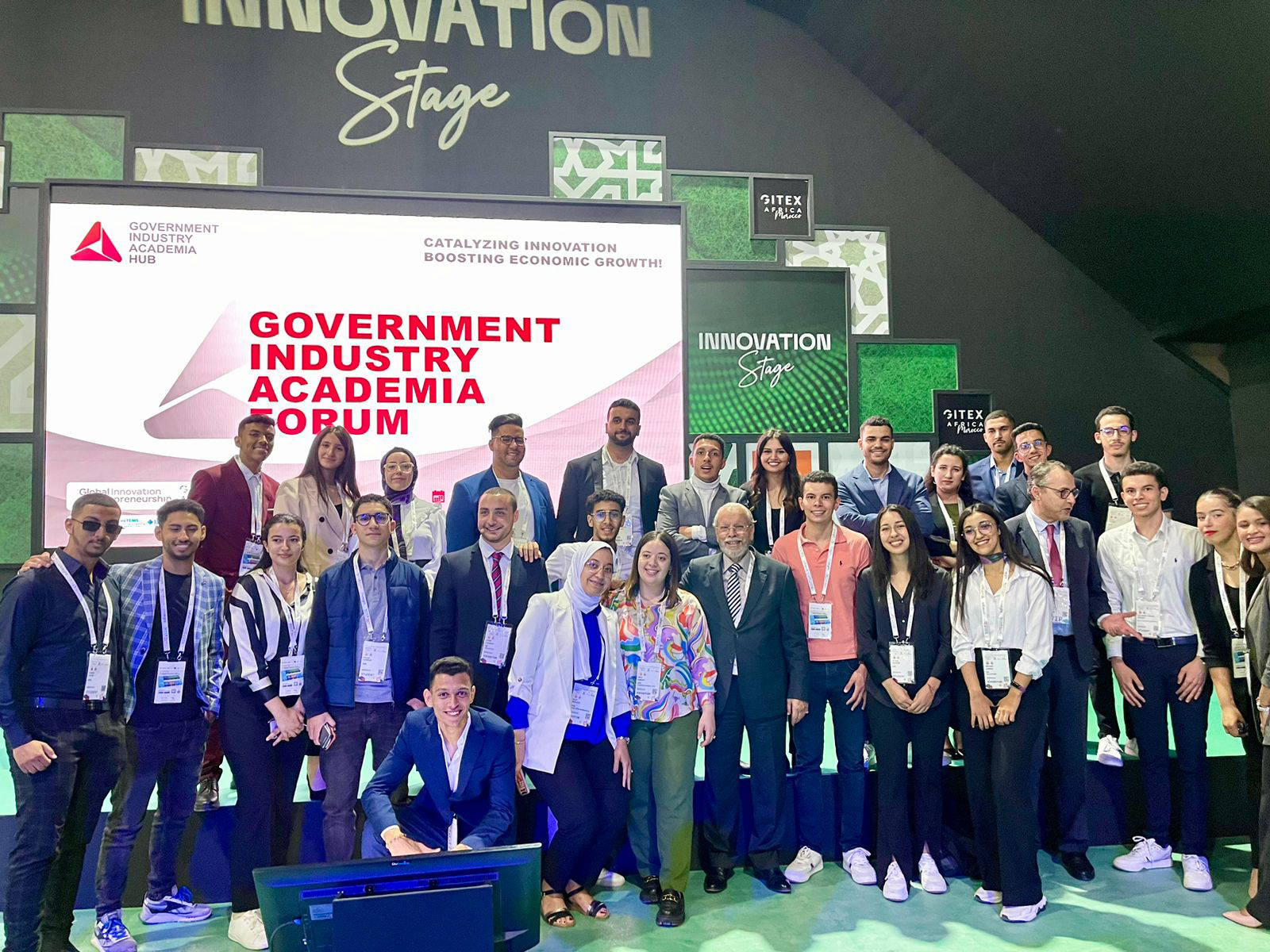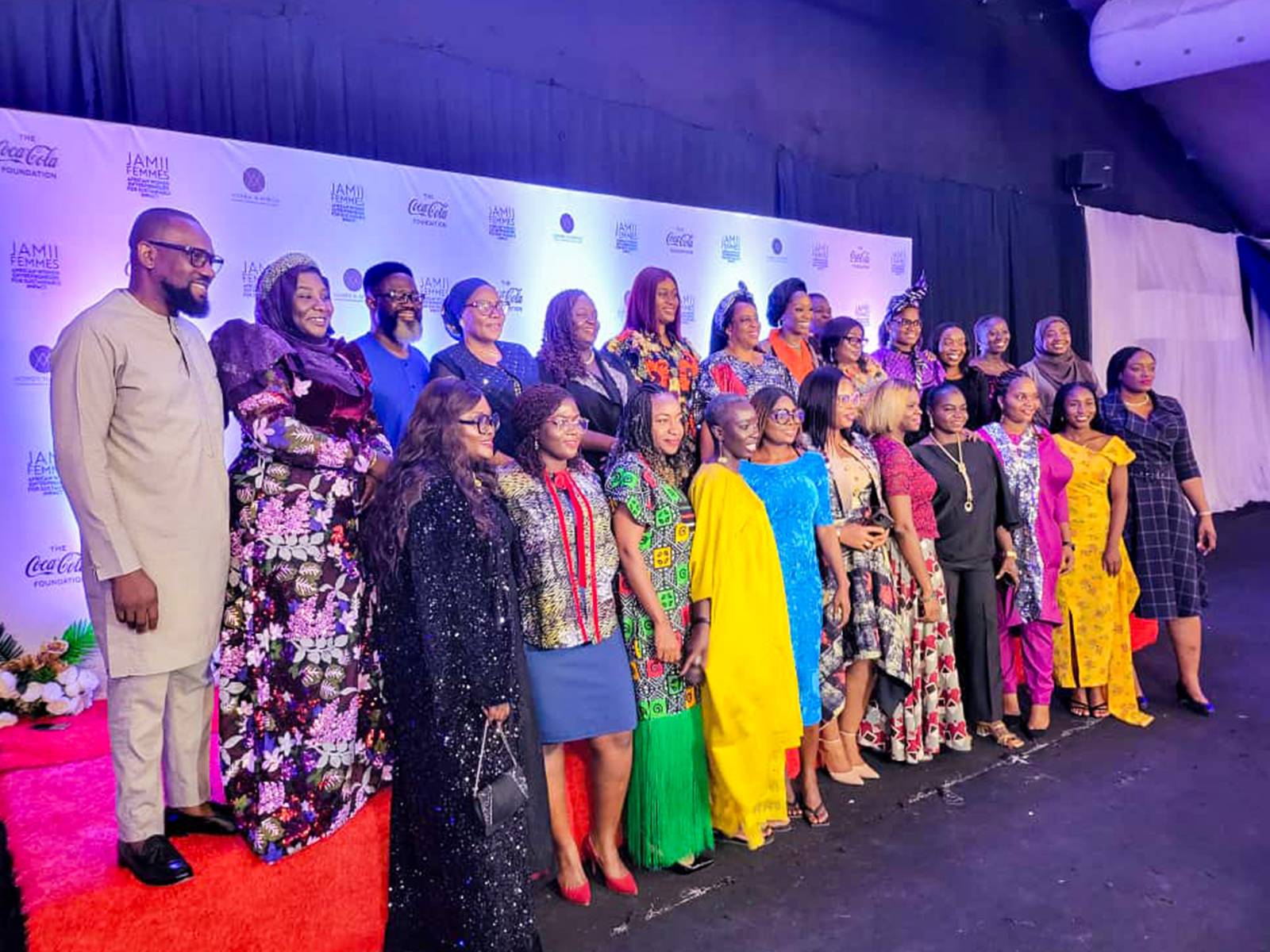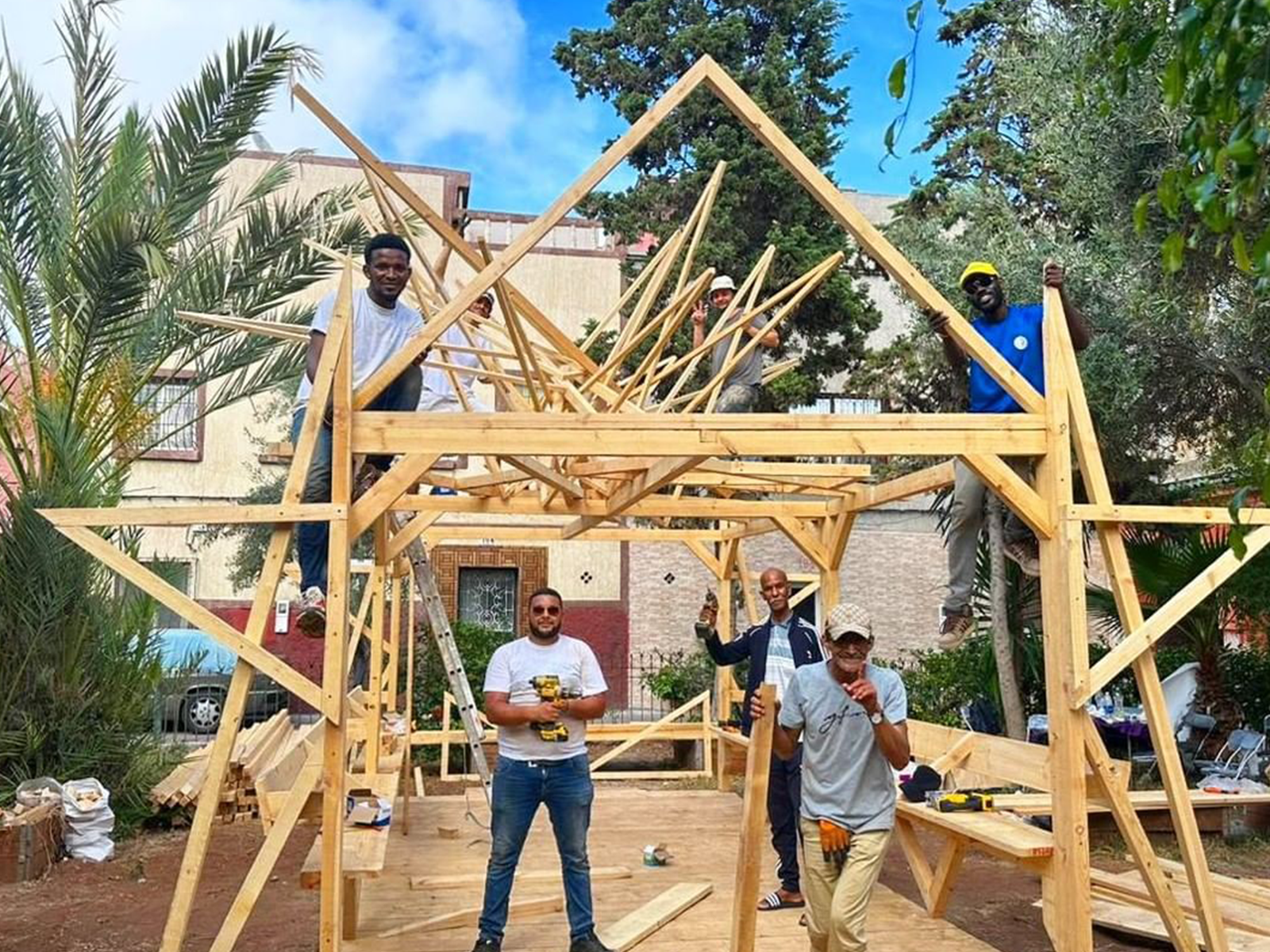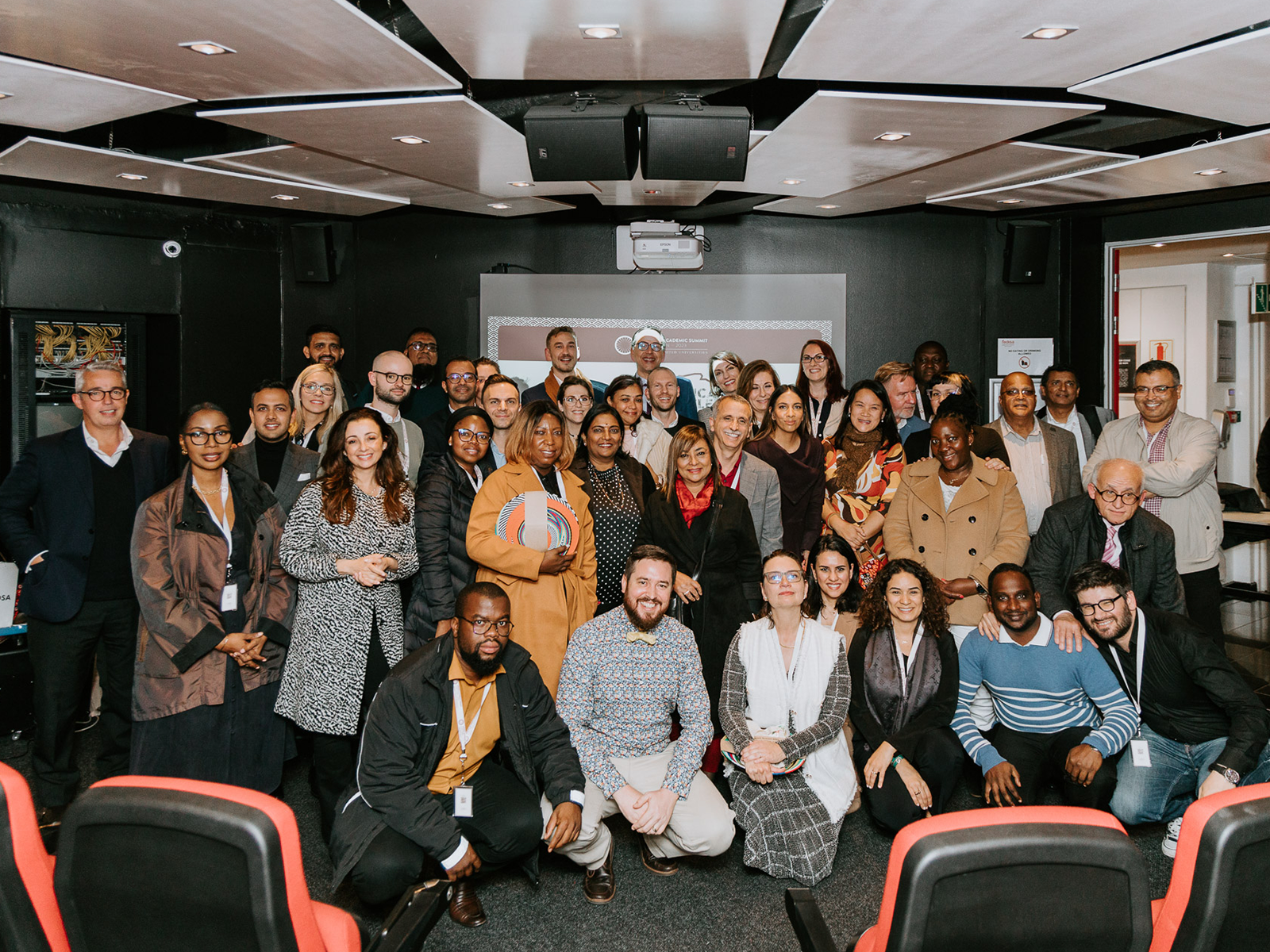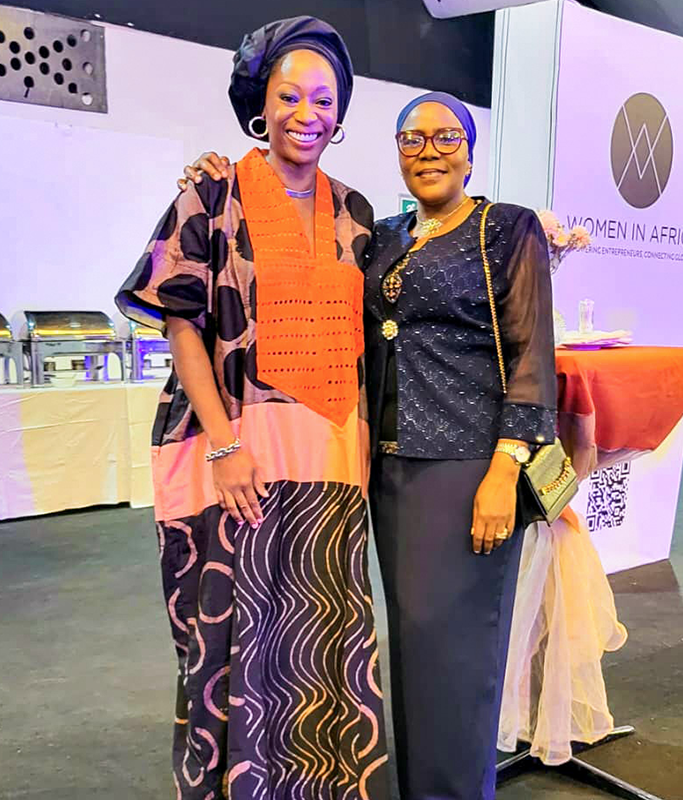
Improving living and working conditions for African communities



Higher education institutions play a vital role in the shaping and development of communities. This is particularly pertinent in Africa, where tertiary education has the power to transform living and working conditions for families and communities and alleviate poverty across the continent. We understand our responsibility as a social infrastructure to nurture the many communities we exist within, through tailored programs both in and outside of our network of institutions.
Particularly, we continue our focused and intentional support of SDG5: Achieving gender equality and empowering all women and girls. This is realized across three core areas; Students; Employees; and Community.
Each year, we analyze the division between male and female student populations in each institution by market, further aggregated to give an accurate picture of Honoris students on a pan-African scale. Despite high historical and structural gender inequalities in the markets where Honoris operates, progress has been made in tackling the gender gap across several disciplines, subject matters, and grades. For two consecutive years, Honoris has achieved a female majority in both employee and student populations.
For two consecutive years, Honoris has achieved a female majority in both employee and student populations.
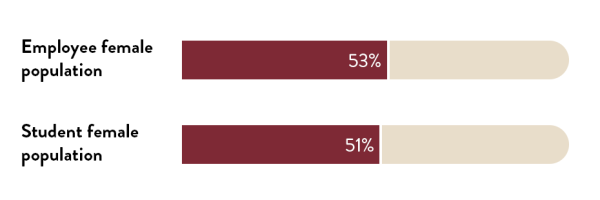
This data informs both strategy and governance at the Board level, and within the activities across institutions to ensure efforts are proven effective.
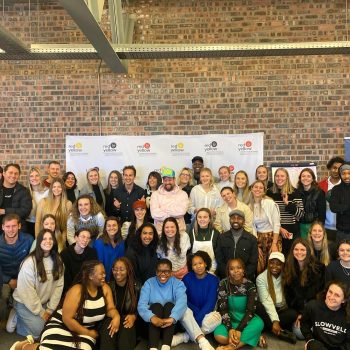
A partnership between Red & Yellow Creative School of Business and UN Women to co-host the Unstereotype Alliance began in March 2022 to eradicate stereotypes and toxic gender norms in media and advertising. Students were involved in an online competition to devise ways to take creativity #outthegenderbox. Whilst partnering with other institutions, Red & Yellow students were granted first place and runner-up for the highest reach and engagement on their campaigns.
R&Y MD, Verusha Maharaj, continues to be involved in senior-level collaboration with the partnership including as a Judge for the annual #BreakTheBias photo competition. The institution continues to work on multiple levels to eradicate bias in the media and advertising industries both within its own communities and through power partnerships.
Building capacity in STEM
Capacity building in high-growth employability sectors is critically important. In total, our STEM enrolments grew from 20,400 in 2021 to 30,240 in 2022, an increase of 48%, thanks to the collective mission of our institutions to widen access to transformative education.
STEM Capacity Progress
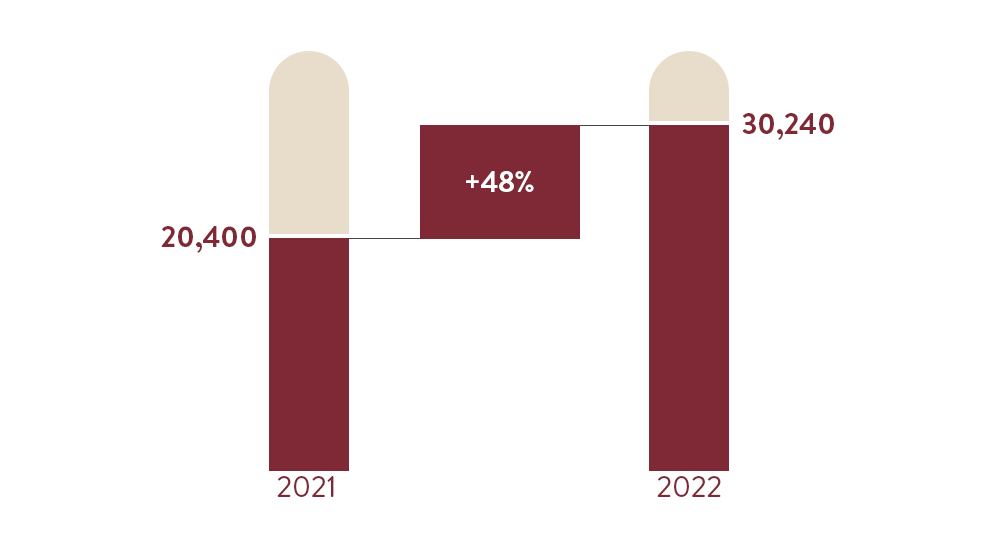
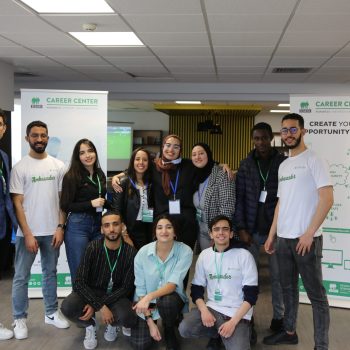
Morocco’s EMSI and Tunisia’s ESPRIT continued their extensive contribution to this figure, gaining global success for their excellence and expanding reach across the countries, with EMSI now holding 12 campuses in Casablanca, Marrakech, Tangier, and Rabat to widen access to STEM fields.
At ESPRIT, we celebrated the appointment of the first-ever female Academic Director in the country, Dr. Manel Madhioub. « Recognizing the significant achievement of appointing Manel Madhioub as the first female Academic Director at ESPRIT, we take great pride in our commitment to meritocracy, gender equality, and the promotion of diversity within the education management team. Manel’s appointment exemplifies our unwavering dedication to fostering an inclusive and diverse educational environment, where exceptional academic and managerial skills are recognized and valued. We deeply admire Manel’s remarkable journey and celebrate her appointment as a true symbol of progress, inclusivity, and excellence. » Lamjed Bettaieb, Deputy Managing Director at ESPRIT Group, Tunisia.
Closing the gender GAP
Closing the gender gap in the STEM industries is a key prerequisite for the necessary social, economic, and technological transformations laid out in the SDGs. Without the equal contribution of women and girls to a career in STEM, we risk losing half of the potential creators, innovators, and scientists, and their essential contribution to solving the world’s major problems.
With 11,000 female students in STEM in 2021, we worked hard to drive enrolment and awareness of STEM courses for women in our markets, growing this number to 12,300 students, an increase of an impressive 11.4%. Our total participation rate of 41% women in STEM, is 10pts above the market average of 31% in Africa (World Bank).
Female students in STEM
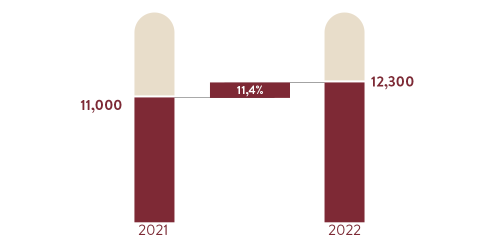
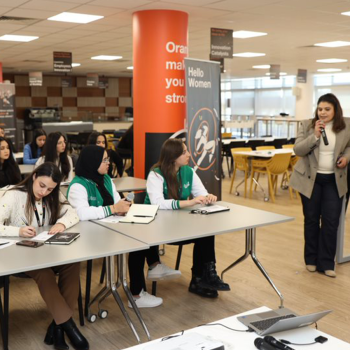
As part of an ongoing partnership, Orange Maroc chose Honoris partner institution Le Wagon Casablanca to launch the start of its new Hello Women program, with the aim of accelerating the balance of women and men in data science. This came at the same time as Le Wagon Casablanca welcoming 22 students into new the latest cohorts of its full-time Data Science and Web Development programs.
Empowering women: WIA case study
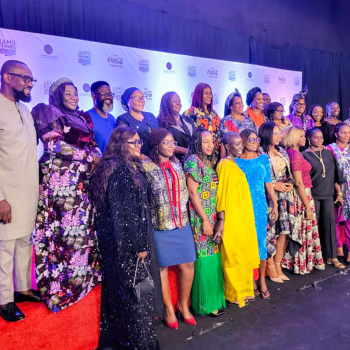
As part of our ongoing relationship with Women in Africa (WIA), where we have supported over 1,200 women leaders since 2017, we continue our relationship as the Knowledge Partner JAMII Femmes program, a WIA initiative supported by The Coca-Cola Foundation to train 20,000 women entrepreneurs in three years. The initiative provides a dynamic combination of online training, local boot camps, and expert networking opportunities.
We concluded the 2022 inaugural edition training over 7,000 female entrepreneurs, equipping them with a principled approach to creative ideas, and the opportunity to gain critical leadership, and soft skills through the Honoris 21st Century Skills Certificate. We continue to support the program as it expands into Algeria, Egypt, and South Africa for the next cohort.
7,000
women entrepreneurs in Cohort 1 of WIA JAMII FEMMES
Marie Laure Dji
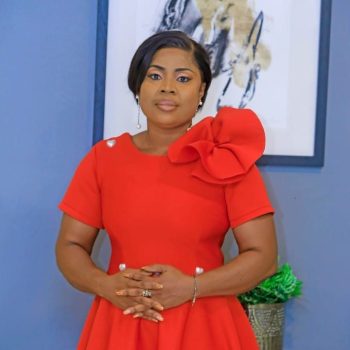
“This is an extremely good program with so many advantages. Whilst studying and revising the content throughout each stage of the course, I applied for a role as a Marketing Manager and, thanks to the rich training including experienced teachers and quality material, I was hired. I continue to be so proud to have been involved.”
Marie Laure Dji, a beneficiary of the first cohort of the JAMII Femmes program.

